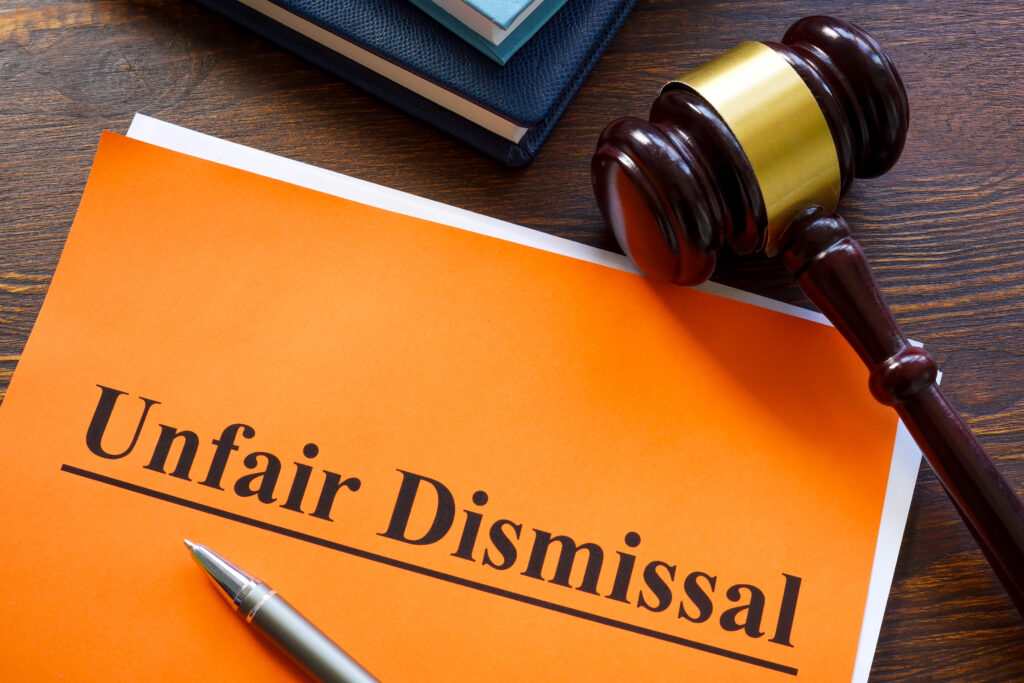Police clearances can be part of the recruitment process, as you seek to mitigate the risks associated with taking on new employees.
But what are your rights when it comes to extracting this information?
Experts from CCIWA’s Employee Relations Advice Centre explain.

When are criminal checks necessary?
If a worker’s criminal history would directly affect their job, you can request a police clearance.
This could apply in many situations, for example if you want to reduce the risk of theft and/or fraud.
If you intend to conduct a police clearance check as part of the recruitment process, ensure you outline this in the job advertisement and reinforced to applicants at the time of their interview.
It is important to keep in mind that police clearances are linked to a role and not a person.
Can you refuse to hire someone based on their criminal history?
It is against the law to discriminate against someone with a spent conviction, unless the spent conviction is linked to the inherent requirements of the job.
If they have a criminal conviction, however, and you consider this relevant to the position they applied for, then you can explain to the that this is the reason they weren’t successful in getting the job.
Applicants who do not succeed in getting a job can bring a claim through the WA Equal Opportunity Commission, or the Australian Human Rights Commission if they believe they’re discriminated against because of their criminal record.
Do employees need to disclose their criminal history?
In general, employees do not have to disclose if they have a criminal record - but there are some instances where they do have to disclose a spent conviction.
This includes if they’re working in a school, casino, prison, or working with children.
It is recommended that an employee disclose a criminal record if their convictions directly relate their job requirements.
For example, if they are working in a role that deals with financial transactions or accounts and they have been convicted of a fraudulent or financial crime, they should disclose this.
If that same finance worker was charged with driving offences, then that same clear link to their role is not there - and as such, they don’t have to disclose the conviction.
What about existing staff?
It is standard practice to request police clearances during the recruitment process, but there may be times when you may need to conduct these checks on existing workers.
For example, a change to the law may mean there is a new industry or occupational requirement to check the criminal history of current employees.
This applies to working with children checks, which last for three years.
You cannot request police checks for for existing employees because you’re suspicious that they have a criminal history.
If you have a specific question that needs to be asked, in relation to a person’s criminal history that is relevant to the position, you can implement new policies requiring police clearances for existing staff.
You must prove the police clearance is an inherent requirement of that person’s position.
For more advice and guidance on this issue contact CCIWA’s Employee Relations Advice Centre on 08 9365 7660 or [email protected].






